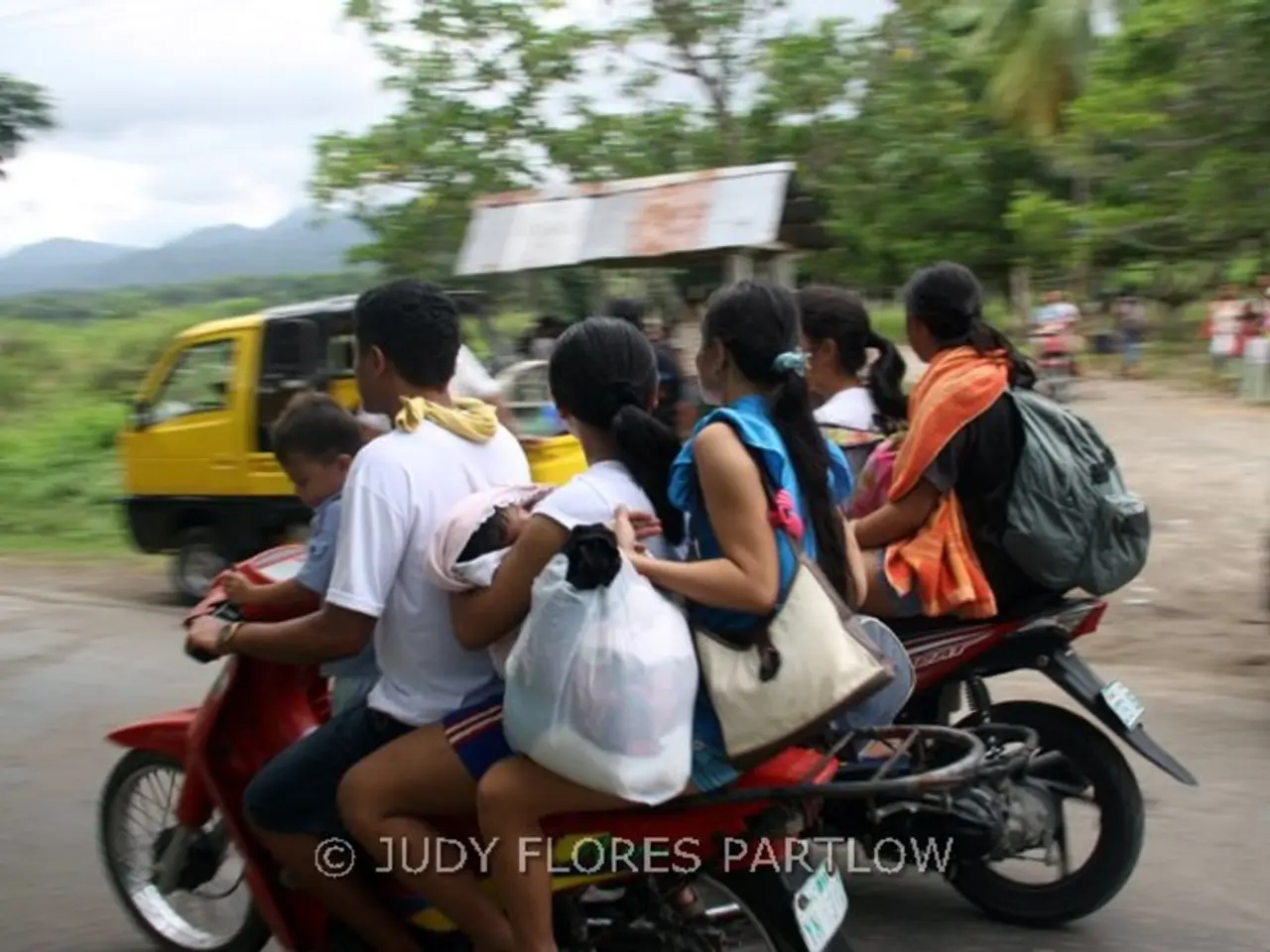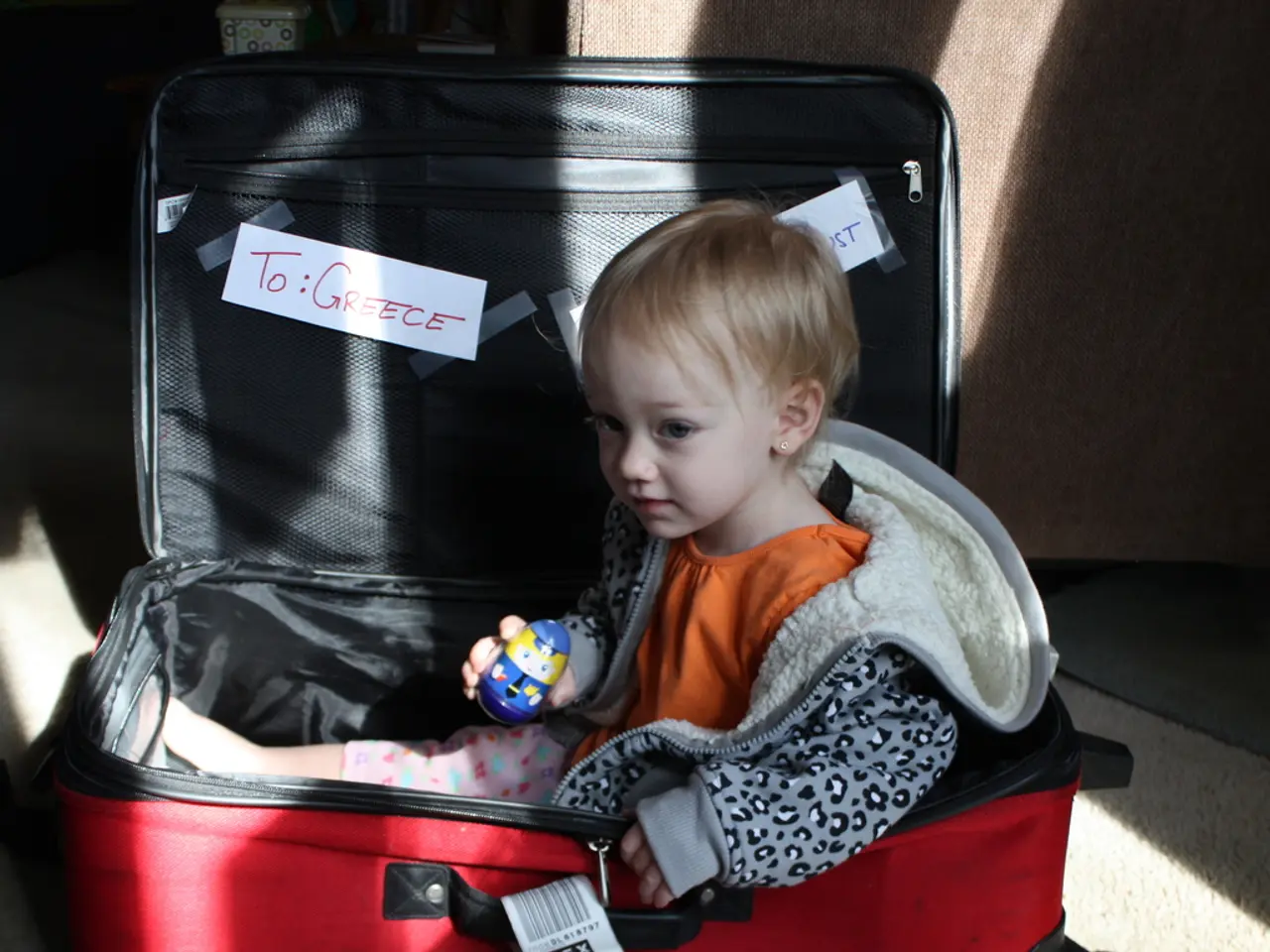Hydrogen collaboration between CP, True Leasing, SCG, Toyota, and CJPT for boosting cross-industry efforts towards Thailand's carbon neutrality goal signed in a Memorandum of Understanding.
In a groundbreaking move, Charoen Pokphand Group (CP), True Leasing (TLS), Siam Cement Group (SCG), Toyota Motor Corporation (Toyota), and Commercial Japan Partnership Technologies Corporation (CJPT) have signed a Memorandum of Understanding (MOU) to accelerate efforts towards carbon neutrality in Thailand.
The partnership aims to realize a carbon-neutral society starting from Thailand and needed by other countries. The agreement is built on a deep trusting relationship between CP's Senior Chairman Dhanin Chearavanont, President and CEO of SCG Roongrote Rangsiyopash, and then-President Akio Toyoda of Toyota.
The companies have established Commercial Japan Partnership Technologies Asia Co., Ltd., in Thailand to spearhead initiatives towards a carbon-neutral society unique to Thailand.
The initiatives and collaborations among the five companies focus on Data Solutions, Mobility Solutions, and Energy Solutions.
Charoen Pokphand Group (CP Group) is at the forefront of data-driven sustainability initiatives and renewable energy adoption in food supply chains. Key efforts include the "SMEx – Low Cost, Low Carbon" program, which supports Thai SMEs in its supply chain to achieve Carbon Footprint for Organization (CFO) certification.
In Data Solutions, a 15% immediate reduction in CO2 emissions was confirmed through the use of big data and optimization of delivery routes.
CP Group is also actively implementing sustainability initiatives, particularly through its subsidiary CP Foods. Notable efforts include the launch of Thailand’s first net-zero food product, “CP Bologna with Chilli,” which integrates sustainable sourcing, renewable energy use, production efficiency, waste reduction, and carbon offsetting.
In the realm of Energy Solutions, CP Foods’ adoption of renewable energy technologies, such as biogas and solar power at production facilities, showcases their commitment to reducing carbon emissions in energy use, a critical energy solution supporting net-zero targets.
For Mobility Solutions, a 68 tons/year reduction in CO2 emissions was confirmed through the use of various vehicles in demonstrations. The parties are taking on the challenge of improving energy efficiency and cost reduction in producing, transporting, and using energy, using renewable energy suited to resource conditions and usage in Thailand.
For the first time in Thailand, equipment to produce hydrogen using biogas was introduced, with the hydrogen used as fuel for FC Trucks, the FC Drone, and a racing car. Plans for a demonstration on energy management at sites using solar power generation and a Battery Energy Storage System are in place.
To improve logistics efficiency through data, CP and SCG's data in retail and logistics, Toyota's Digital Twin Technology, and collaboration with a social system like energy management and traffic control will be utilized.
Future contributions to carbon neutrality will include HEVs and Kei immediately required in Thai society, as well as the further introduction of FCEVs and BEVs.
The MOU is also based on joint efforts in logistics efficiency and carbon-neutral mobility in Thailand. For the latest updates shaping the hydrogen market, visit the website for further information.
- The partnership between Charoen Pokphand Group (CP), True Leasing (TLS), Siam Cement Group (SCG), Toyota Motor Corporation (Toyota), and Commercial Japan Partnership Technologies Corporation (CJPT) focuses on Data Solutions, Mobility Solutions, and Energy Solutions, aimed at achieving carbon neutrality in Thailand and potentially other countries.
- The "SMEx – Low Cost, Low Carbon" program, initiated by CP Group, supports Thai SMEs in its supply chain to achieve Carbon Footprint for Organization (CFO) certification, an essential part of their data-driven sustainability initiatives and renewable energy adoption.
- CP Foods' commitment to reducing carbon emissions in energy use is visible through the adoption of renewable energy technologies, such as biogas and solar power at production facilities. This crucial step supports net-zero targets within the energy sector.
- In the realm of Mobility Solutions, equipment for producing hydrogen using biogas was introduced in Thailand for the first time, with the hydrogen used as fuel for FC Trucks, the FC Drone, and a racing car, making significant strides towards carbon-neutral mobility.




